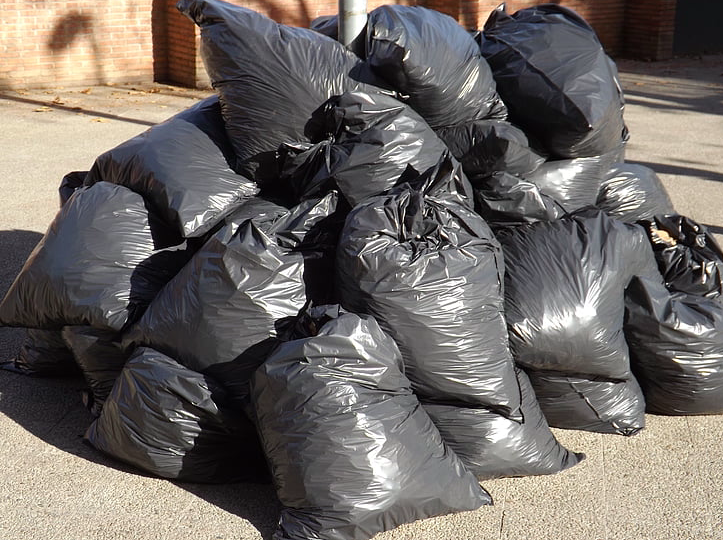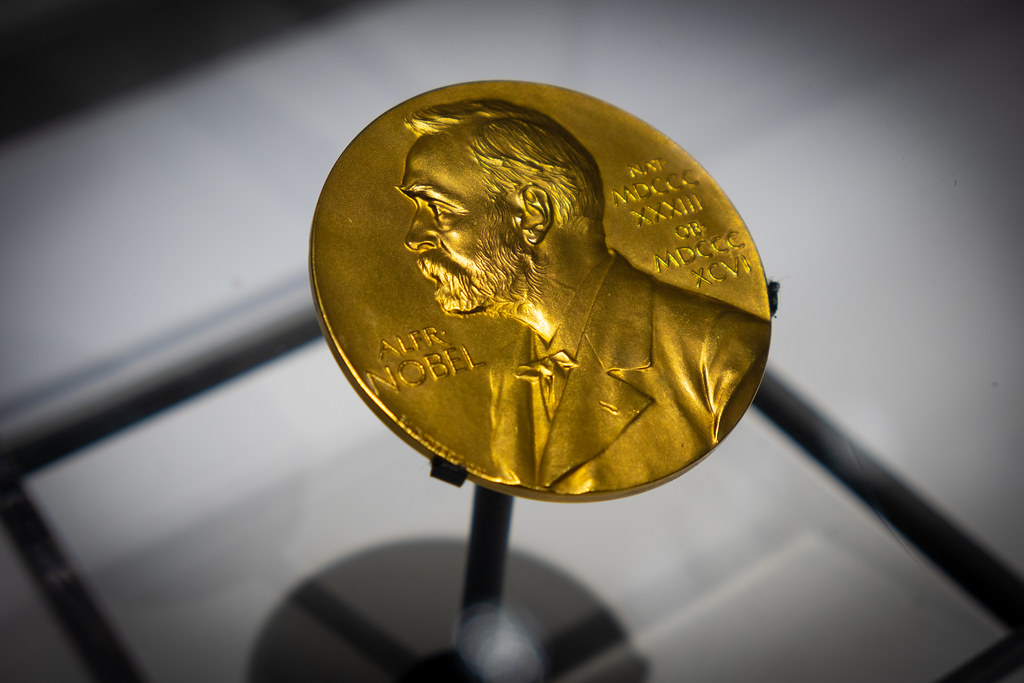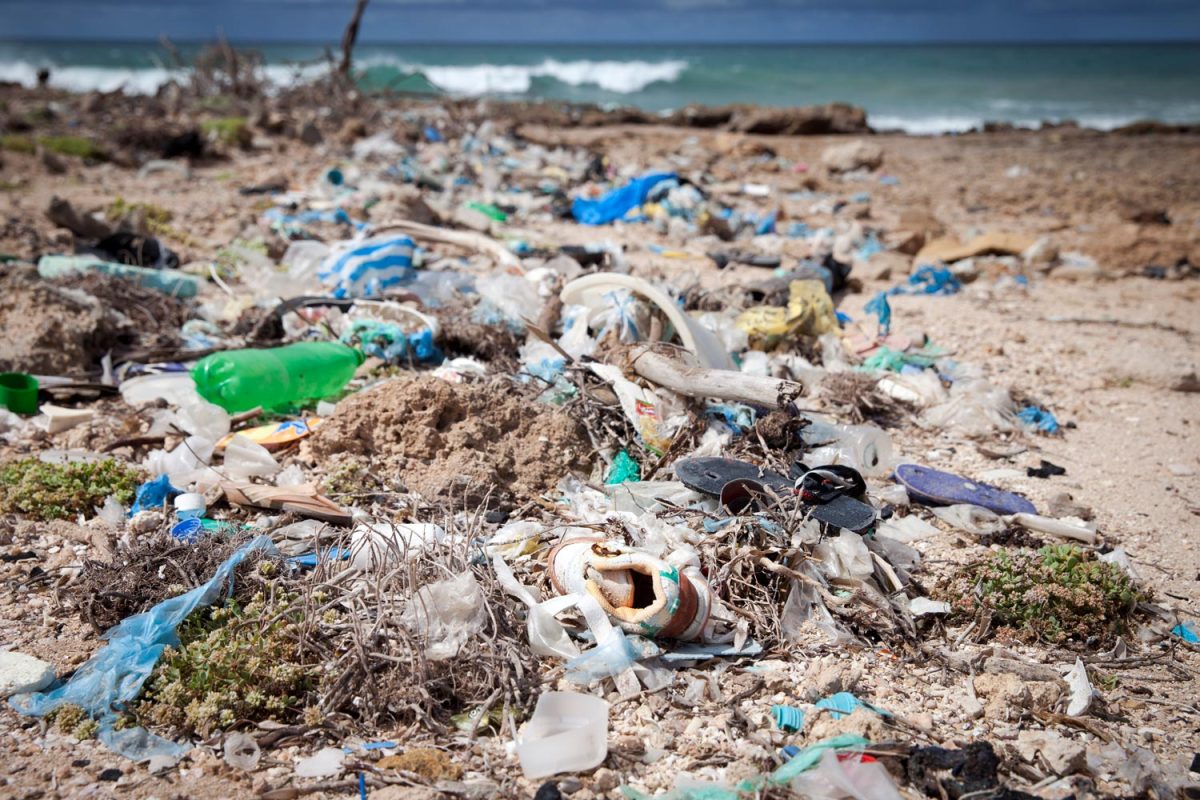We have all been told to recycle countless times. Many people understand—if not, they should understand—that we recycle items, such as plastics and other human-made items, because they are non-biodegradable, meaning that they cannot decompose and will only end up as waste that pollutes our Earth if we do not recycle them. However, recycling, at schools for example, is hard to follow through with because of how food, which is not recycled the way non-biodegradable materials are, nearly always finds its way into recycling bins from so many students. Therefore, when possible, it is best to use biodegradable materials to avoid that process.
What many people do not know is that some materials take biodegradable to an entire other level. Compostable materials are biodegradable materials that are guaranteed to break down into the environment with no harmful effects in just a short period. This distinction between compostable and merely biodegradable is critical because, during the time before materials decompose completely, they are just rotting waste. Having no harmful effects on the environment is also important for compostable materials because some of the typical biodegradable materials, such as certain disposable cups and utensils, actually release Methane while decomposing. Methane is a greenhouse gas that is roughly 28 times as potent as the most common greenhouse gas, which is carbon dioxide. Greenhouse gasses are a major contributor to global warming, which has several large-scale negative impacts, including droughts, and severe weather and climate changes that our world, especially wildlife, is not ready for.
Luckily, it is not difficult to avoid these negative effects since compostable materials are usually organic. Compostable, organic materials can be turned into compost, which can be used as plant fertilizer over chemical fertilizers. Not only are organic fertilizers naturally better for the environment than chemical fertilizers (which may have chemicals that cause unanticipated harm), they are also more effective: natural fertilizers from compost have nutrients and minerals that chemical fertilizers lack.
During the Fall Fair, the Friends Academy Sustainability Committee, with the help of TASQUE, raised over $500; thanks to generous supporters, the Sustainability Committee will be able to maintain Friends Academy fish tanks and purchase at least enough compostable trash bags for all of Frost Hall, which should last some time. Maintaining this upgrade, made possible by just one day of dedicated fundraising, will not only turn waste into compost to help revive our garden but also represents a step toward broader composting efforts. Hopefully, this initiative is only the beginning of more people attempting to use compostable materials whenever possible—and know that you can and should be one of those people. Look out for more composting progress at Friends Academy this year—with compostable trash bags, there’s no need to separate them from the compostable items inside, streamlining the entire composting process.








